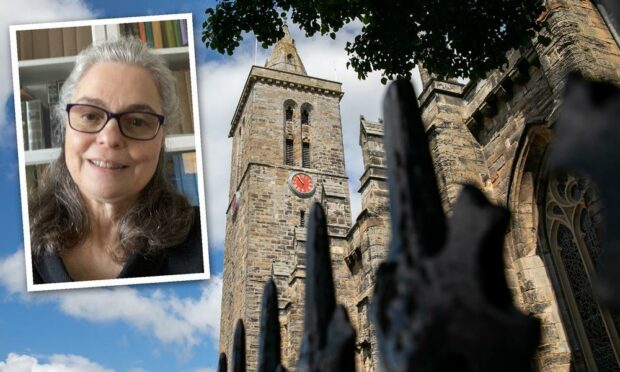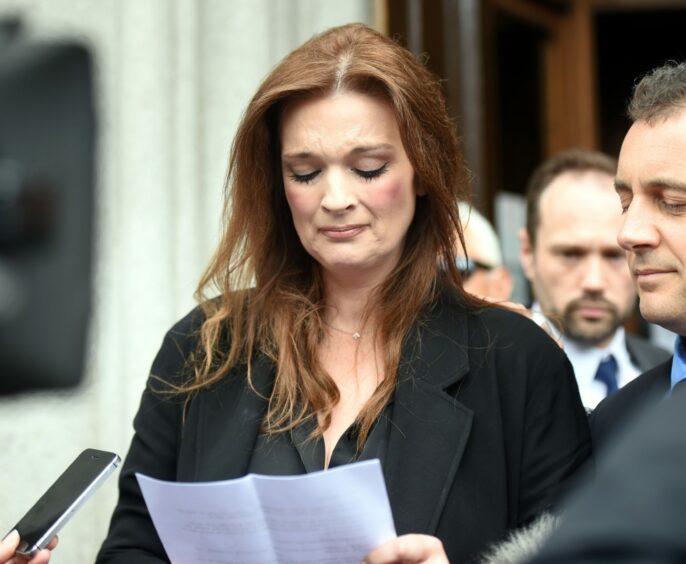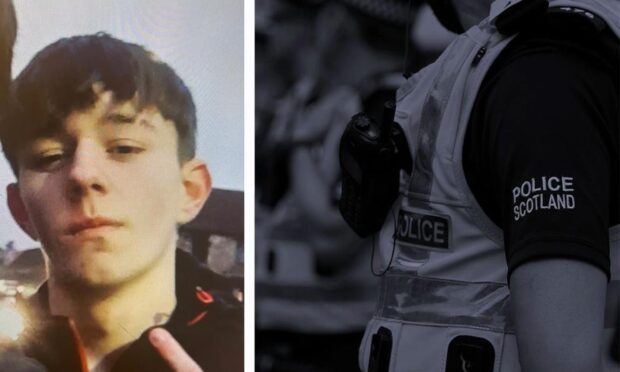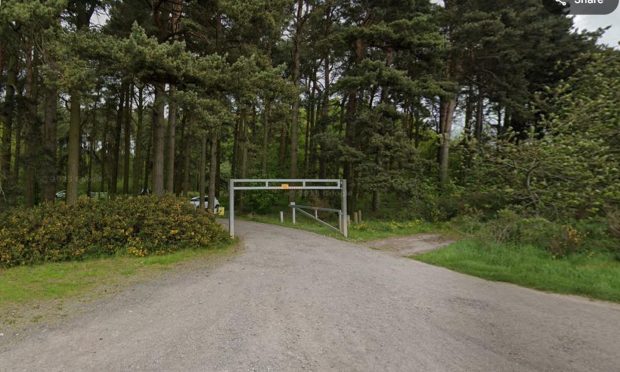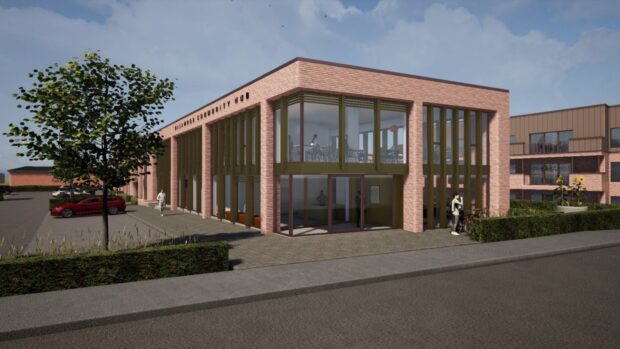A new “life-saving” gender-based violence pilot has been completed at the University of St Andrews.
The charter was created by EmilyTest, a government-funded charity launched in memory of Emily Drouet, by her mum Fiona.
Emily was an 18-year-old student at Aberdeen University who took her life following a campaign of sexist abuse from her boyfriend.
The EmilyTest encourages further and higher education institutions to consider their work and policies for preventing gender-based violence and supporting victims.
The charter asks whether the support and resources available could have saved Emily’s life, and how they could have helped her thrive.
EmilyTest ‘will save lives’
The roll-out of the charter at the University of St Andrews was led by Ruth Unsworth, the head of wellbeing and mediation.
A six-month pilot has been completed.
Now any university across Scotland can apply to take the charter and see if they meet the five principles.
She is also the chairwoman of the University Mental Health Taskforce and co-chair of the Equally Safe Group.
“I was delighted when we were successful in piloting the charter,” she said.
“The EmilyTest is a tangible opportunity to really make a difference.
“It’s the staff really working and listening to students to make an accurate and targeted difference.
“I commend the EmilyTest charter to the sector because I know it will save lives.”
The University of St Andrews piloted the charter alongside Strathclyde University, Glasgow Clyde College and South Lanarkshire College.
Ruth added: “We wanted to pilot it because we are absolutely committed to improving what we could do to prevent sex and gender based violence from occurring.
“We also want to ensure that when we intervene, the interventions are as appropriate and helpful as they possibly can be.”
‘A world first’
During the pilot, staff and students were invited to take part in focus groups to discuss the principles of the charter.
The focus groups used the brave space model, which asks participants to welcome different viewpoints, challenge themselves and adopt an attitude of “respectful curiosity”.
The meet-ups considered some of the framework already in place at the university – including mandatory consent modules and an anonymous online reporting tool.
Ruth added: “We recognise this reality and take our duty to protect the university community by regularly evaluating policies and procedures and resources.
“This is a world first, I believe.
“Let’s hope its the beginning of the tide turning.”
Miss M, a former St Andrew’s University student, won a civil case against the man who raped her at university and now campaigns for other survivors.
Miss M was attacked after a night out in St Andrews in September 2013 but jurors returned a not proven verdict in a criminal trial. She later sued Coxen in the civil court and was awarded £80,000 in damages.
She said: “It’s great to see that the University of St Andrews are part of the EmilyTest charter.
“Their standard of victim care and support was world class.
“Every organisation can develop and improve their support for victims of gender-based violence and it’s great to see St Andrews pilot this charter.”
‘Speak to someone you trust’
She added: “I hope more universities take up this charter.
“Often away from home for the first time, students can become more vulnerable and easier targets for predators.
“Taking the offender-centric approach, it’s vital we recognise this pattern of behaviour.
“To any student who has experienced gender based violence, my message to you is to speak up.
“Speak to someone you trust – whether family or friend and if comfortable come forward to your student services.
“Speaking up saved my life and I will always be grateful to the University of St Andrews.”
